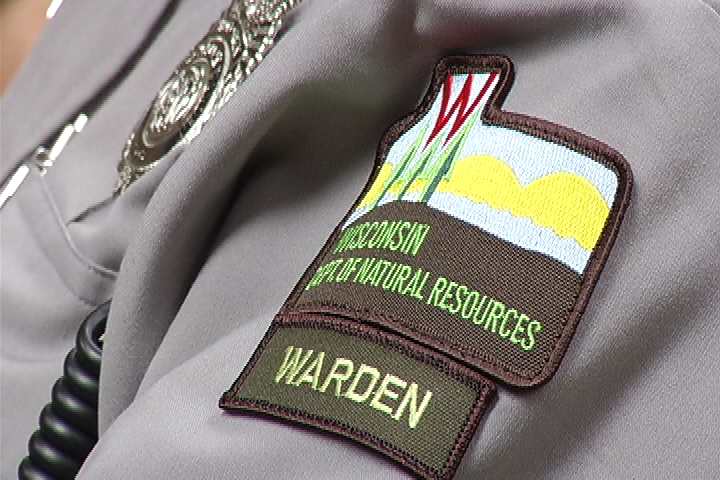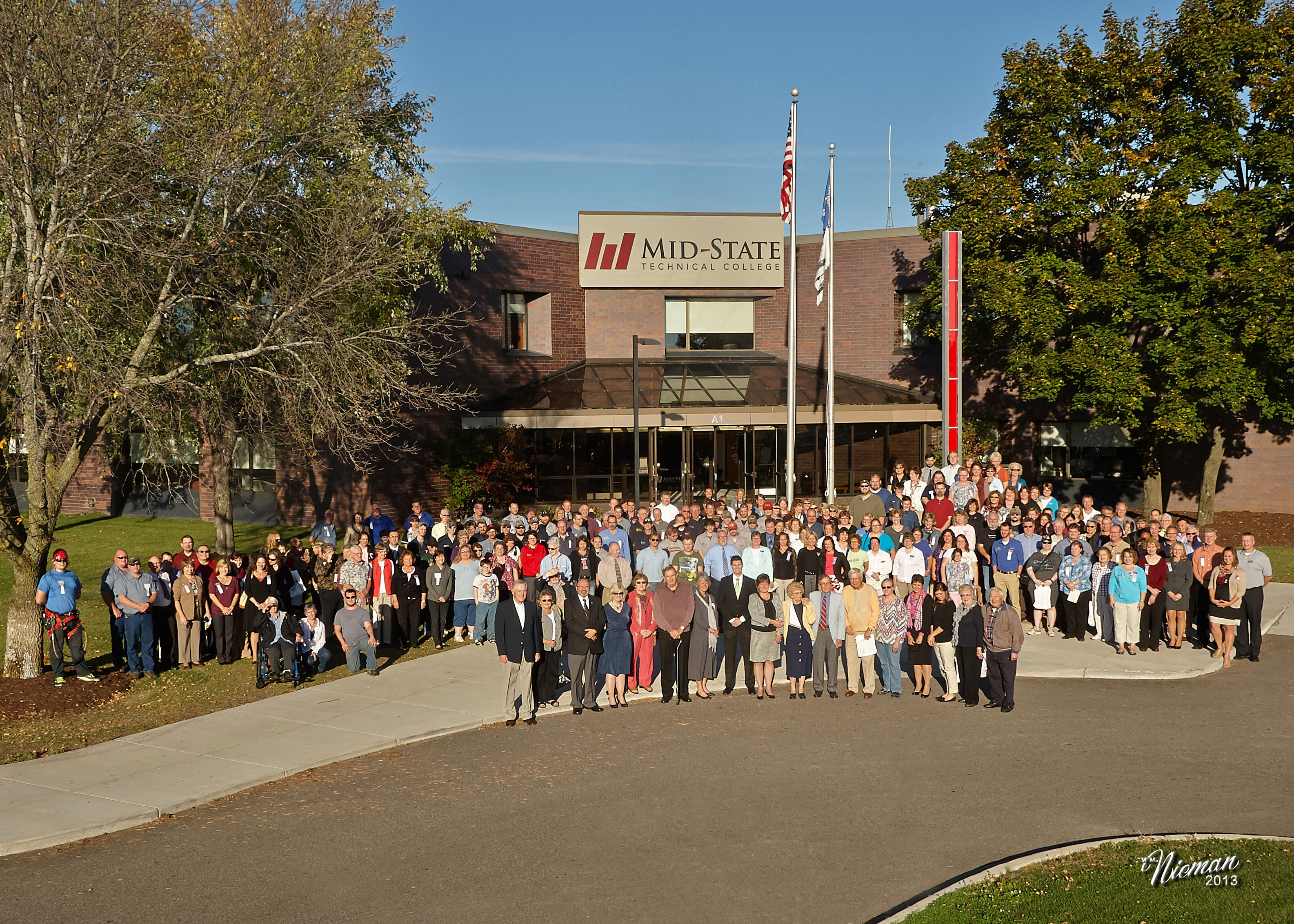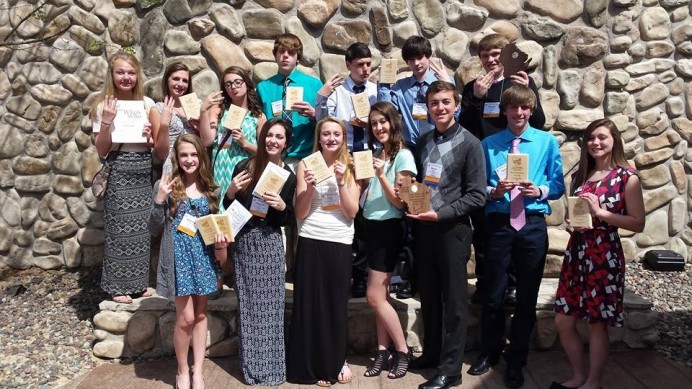2016 Wisconsin waterfowl and other migratory game bird hunting seasons finalized

For the City Times
Migratory game bird hunters in Wisconsin will have 2016 seasons for duck, geese, dove, woodcock and other migratory game birds that are nearly identical to last year’s structure under a rule approved by the state Natural Resources Board today in Madison.
The only significant change is in the Horicon Canada goose hunting zone where goose hunters would be allowed to hunt on any day of a continuous 92-day season instead of selecting a specific period as they have in the past. Hunters who already purchased a period 1 or 2 permit this license year will automatically be allowed to hunt for 92 days.
The first of the 2016 migratory game bird seasons will open Sept. 1 with the early Canada goose, mourning dove and early teal seasons. Regular waterfowl hunting seasons will include a 60-day duck season and a 92-day goose season.
Early season dates:
Early teal season Sept. 1-7, Early goose season Sept. 1-15, Dove season Sept. 1- Nov. 29, Woodcock Sept. 19-Nov. 2.
Duck season dates: Youth Waterfowl Hunt – Sept. 17-18, Northern Zone – Sept. 24-Nov. 22, Southern Zone – Oct. 1-9, then a five day closure, reopening Oct. 15-Dec. 4, Mississippi River Zone – Oct. 1-7, then seven day closure, reopening on Oct. 15 – Dec. 6.
Regular goose season dates:
The state is apportioned into two goose hunting zones for the regular season: Horicon and Exterior. The Mississippi River is a subzone within the Exterior Zone.
Exterior Zone – 92 days. North Zone – Sept. 16-Dec. 16, South Zone –Sept. 16-Oct. 9 and Oct. 15-Dec. 21, Mississippi River Subzone – Oct. 1-7, Oct. 15-Jan. 5, Horicon Zone (change from two time periods to just one season) – Sept. 16-Dec. 16.
For more details, search the DNR website, dnr.wi.gov, for keyword “waterfowl.”
As a result of changes in the federal process for setting annual waterfowl hunting seasons, all migratory game bird hunting seasons will now be approved in April rather than the longstanding August decision, which gives hunters more time to plan and prepare for the fall seasons.
“Wisconsin supports over 135,000 migratory game bird hunters with a diversity of habitat, technique and hunting season preferences,” said Kent Van Horn, Department of Natural Resources waterfowl ecologist. “Nationally, Wisconsin is a leader in migratory bird hunting and management ranking in the top five for number of waterfowl hunters and second in the nation for woodcock hunters. These hunters are strong conservationists participating through various organizations to partner with agencies in habitat conservation, hunter education and management decisions.”






